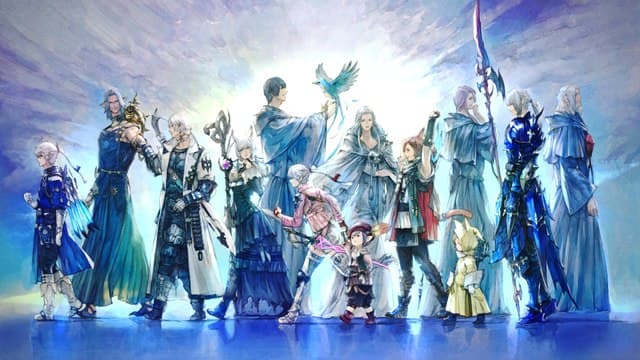0Comments
PUBLISHED
UPDATED
The Physicality of Consciousness: A Conversation With Larry Fessenden
About the Author
Steven Nguyen Scaife
Steven Nguyen Scaife has written about pop culture for Slant Magazine, Polygon, Buzzfeed, Rock Paper Shotgun, and more.
Newest


